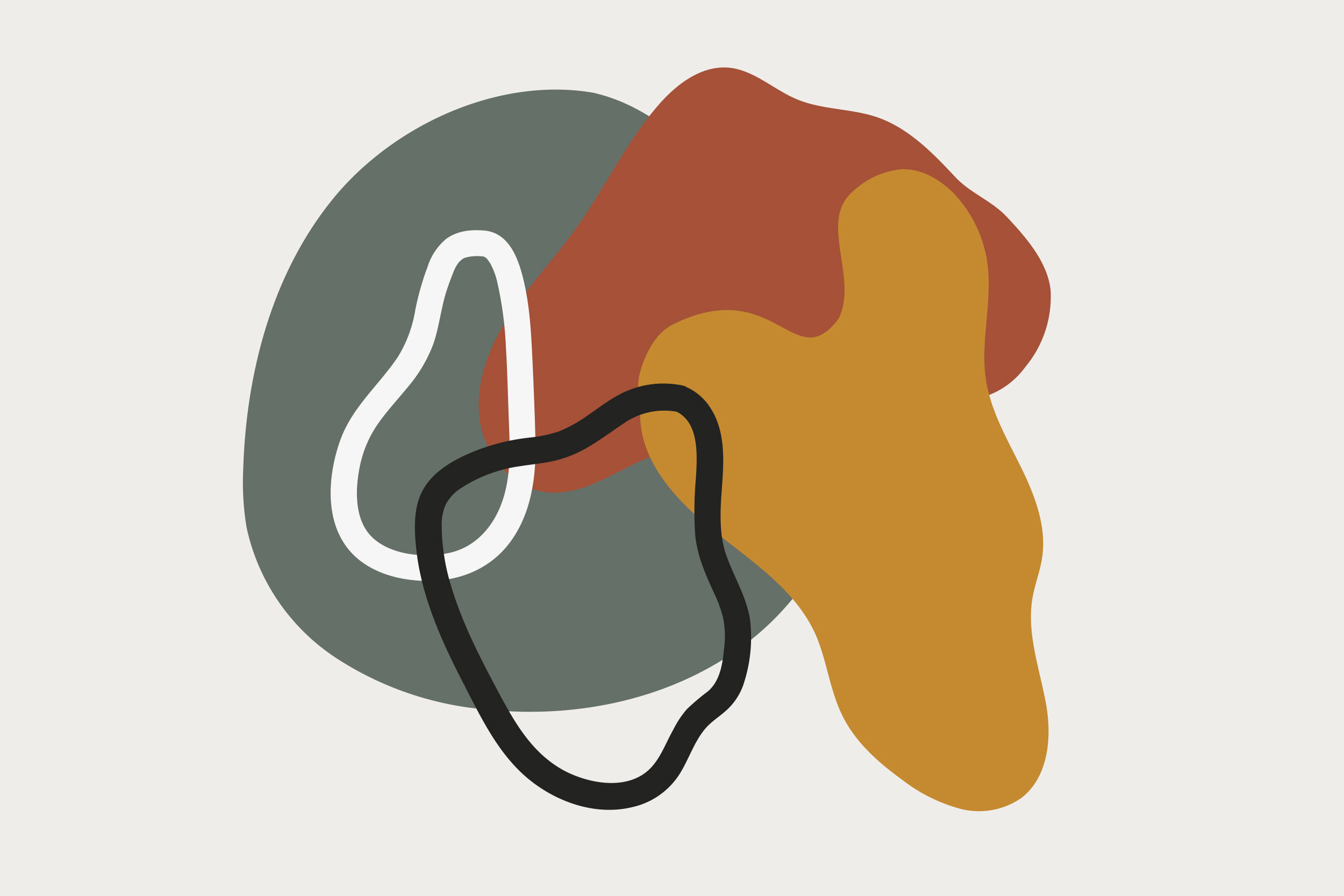
Sustainability at Home
Anna Masiello reveals her best tips for living a zero-waste lifestyle.
From workshop: Less Clothes or Better Clothes?
Our favourite tip:
Zero-waste doesn’t mean not shopping, everyone can be zero-waste in their own personal way.
To Anna, it means shopping in a very conscious way and she follows two simple rules when shopping: only shop second hand, or brands that are fully circular, and only buy clothes that are made from natural fibres.
Rethinking our power as consumers
From workshop: Less Clothes or Better Clothes?
Jonas Schneider describes the significant role the customer plays in the fashion supply chain. Fashion is not a one dimensional conversation, and the shopper has the power to change the industry through their own decisions.
Our clothes at supermarkets really sustainable? Our panellists discuss.
From workshop: What’s in my Clothes?
Our main conclusion:
Aroa: Instead of buying clothes from supermarkets, renting clothes is an amazing way forward.
Courtney: If the supermarkets are not displaying the origin of the garment, it’s probably not a great story. The best action you can take is to ask the question to the chain.
Kate: Hopefully we will be seeing a lot more recycled plastics being sold at supermarkets as more consumers push for change.
Molly James explains why we should change our purchasing habits.
From workshop: Less Clothes or Better Clothes?
Our main takeaway:
It’s easy to get detached from a product we are buying. This is a consumer mindset of not knowing the impact our money has (labour, wages, manufacturing). Once we learn how we can help, our purchasing habits will change.
How do we change our purchasing habits? Anna Masiello shares her best tip.
From workshop: Less Clothes or Better Clothes?
Our favourite tip:
First of all we need knowledge to inform ourselves on the dangers of fast fashion, and then through education we will have inspiration to change our behaviour.
